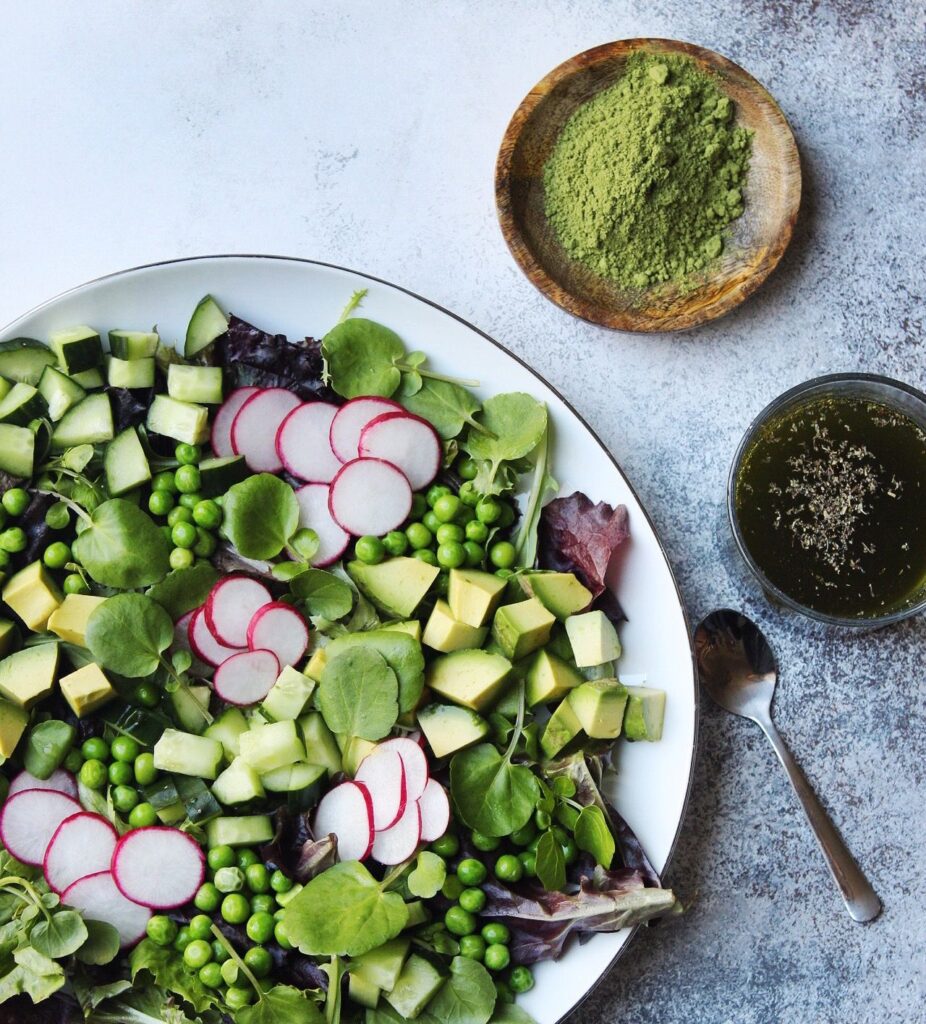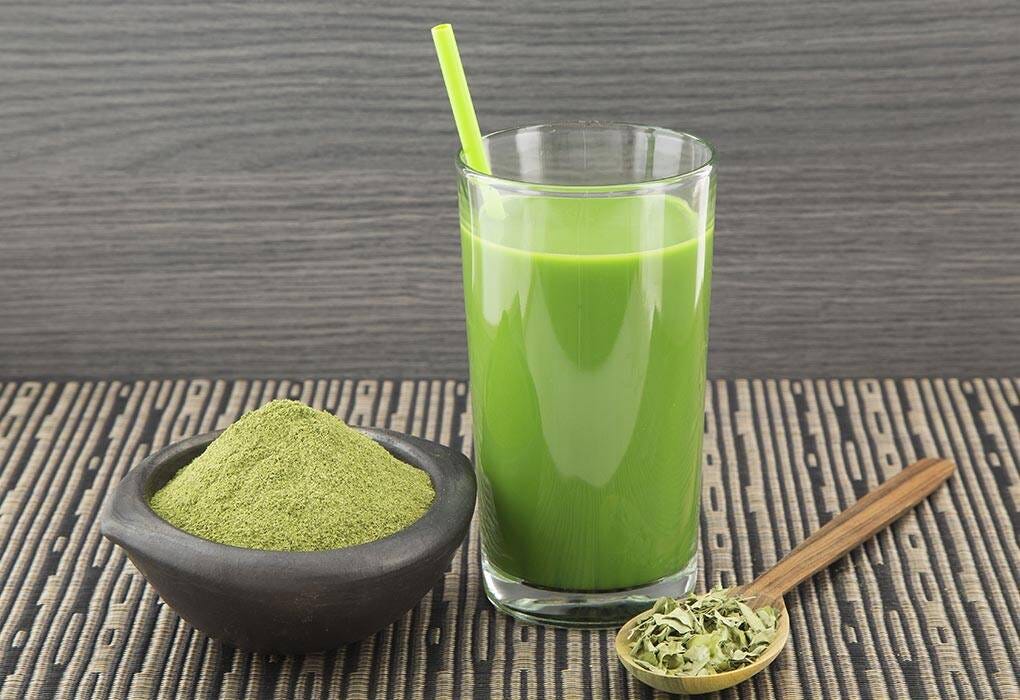Moringa seed oil has long been hailed as a miracle oil, renowned for its myriad health benefits and versatile applications. From skincare to nutrition, this golden oil has earned its place in many homes and beauty routines. However, with the increasing demand for eco-friendly products, there’s been a renewed focus on the sustainability of Moringa farming and oil extraction. In this article, we explore how Moringa Seed Oil is not only a powerful, multi-purpose ingredient but also a champion of sustainability through innovative farming and extraction techniques.
The Green Revolution in Moringa Farming
While Moringa has been grown for centuries in tropical regions, the demand for Moringa seed oil has spiked in recent years, especially in the wellness and beauty industries. This demand, however, has led to concerns about the environmental impact of mass production. Fortunately, new research and farming practices are turning Moringa cultivation into an environmentally conscious enterprise.
Recent studies have shown that Moringa trees, often referred to as the “drumstick tree,” require minimal water and thrive in arid regions, making them an excellent choice for dry, marginalized areas. Unlike many crops that deplete soil and water resources, Moringa helps to conserve water and improves soil quality. This resilience to drought makes it an ideal crop for combating desertification and supporting sustainable agricultural practices in vulnerable regions.
Moreover, small-scale farmers have embraced agroforestry methods, integrating Moringa cultivation with other crops and livestock. This approach not only boosts biodiversity but also strengthens the local economy. Research from agricultural sustainability institutes shows that such polycultures enhance soil health and create balanced ecosystems, making Moringa farming more sustainable in the long run.
Eco-Friendly Extraction: A Step Towards a Cleaner Future
The extraction of Moringa oil, traditionally done through cold-pressing, is becoming more energy-efficient as new technologies emerge. Cold pressing is a non-chemical, eco-friendly method that retains the oil’s high nutritional value and purity. However, recent advances have made this process even more sustainable.
Scientists have developed new, low-energy extraction methods that further reduce the carbon footprint of Moringa oil production. For instance, some producers are adopting supercritical CO2 extraction, which uses pressurized carbon dioxide instead of harmful solvents. This process not only minimizes energy consumption but also enhances the oil’s quality by preserving its antioxidants and essential fatty acids. The oil produced through this method is more potent, cleaner, and free from toxic residues.

Another exciting development is the rise of biorefinery techniques, which allow for the extraction of both oil and other valuable by-products from Moringa seeds. This sustainable approach maximizes the use of every part of the plant, reducing waste and creating multiple revenue streams for farmers. Additionally, some companies are using the remaining seed cake as animal feed or for biofuel production, ensuring that nothing goes to waste.
The Future of Moringa Seed Oil and Sustainability
As consumers become more aware of the environmental impact of their purchasing choices, sustainable practices in Moringa oil production will become even more important. The beauty and wellness industries are already shifting toward eco-conscious products, and Moringa seed oil is positioned to play a significant role in this movement.
Ongoing research into the genetic improvement of Moringa trees also promises to make cultivation more efficient and sustainable. By selecting high-yield varieties that are resistant to pests and diseases, scientists hope to further reduce the environmental impact of farming while increasing productivity. These breakthroughs could lead to even more sustainable methods of production that benefit both the planet and local communities.
How You Can Support Sustainable Moringa Practices
As a consumer, you have the power to make a positive impact on the environment through the products you choose. When purchasing Moringa seed oil, look for brands that prioritize ethical sourcing, sustainable farming practices, and eco-friendly extraction methods. Certifications like Fair Trade, organic, and sustainable farming labels are good indicators that a company is committed to environmental and social responsibility.
At Ajigofarms, we ensure that our Moringa seed oil comes from sustainably managed farms that prioritize the well-being of both the planet and its people. We are dedicated to providing products that contribute to a greener future while supporting the local communities that depend on Moringa cultivation.
Conclusion
Moringa seed oil is not only an extraordinary natural product but also an example of how sustainable agricultural practices can reshape industries and communities. From water-efficient farming methods to innovative extraction technologies, Moringa is leading the way toward a cleaner, greener future. By supporting companies that prioritize sustainability, consumers can contribute to a growing movement that values both quality and environmental responsibility.




